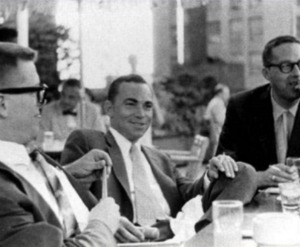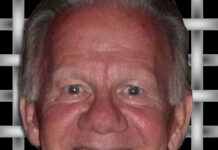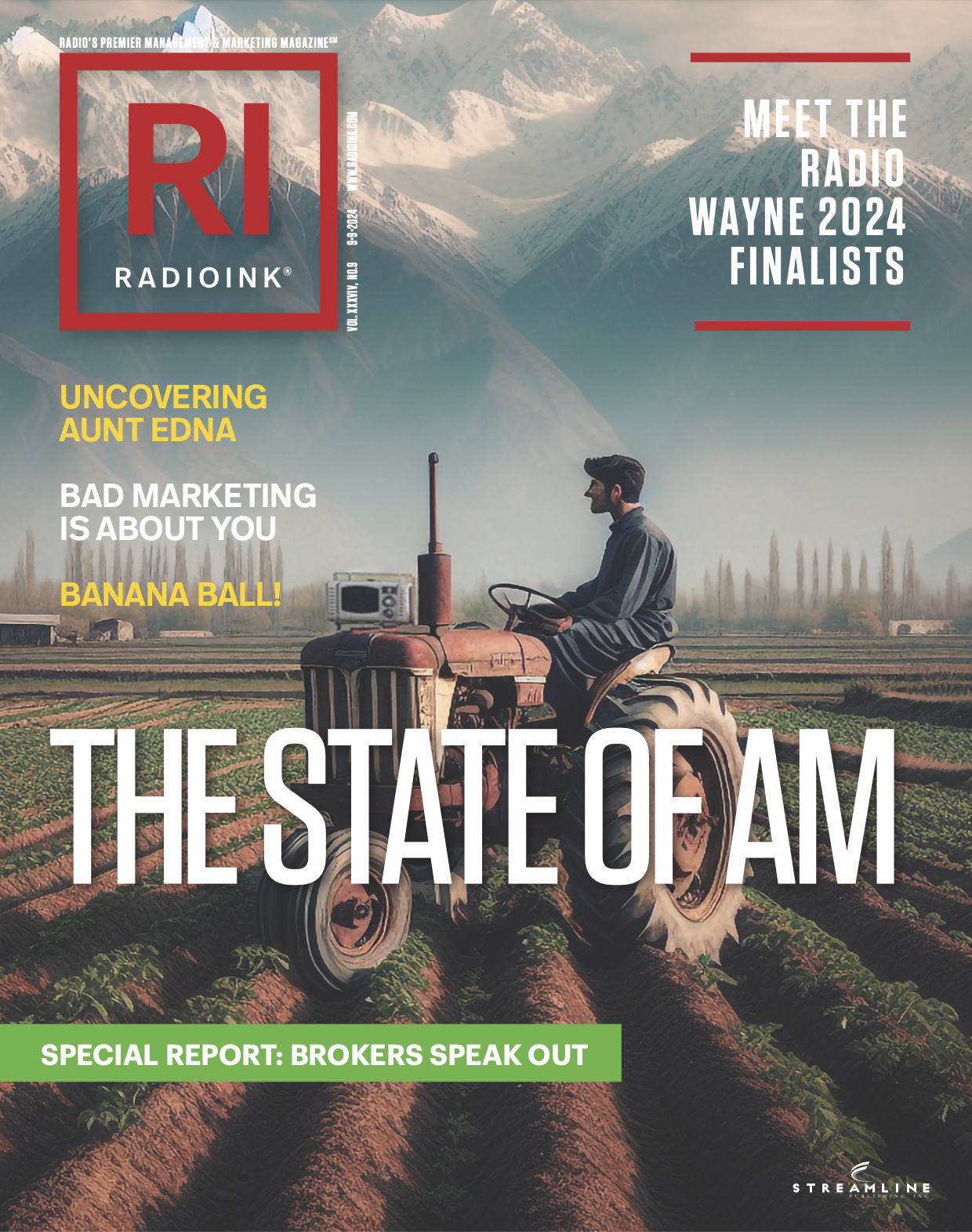
(by Eric Rhoads) This is an industry littered with programming stories, but few have had the impact of Top 40, and it has been the basis of the music part of the radio industry for decades now. Todd Storz was taking a giant chance with his father’s radio station. He could have killed the golden goose that paid for his college tuition. Instead the move bolstered Storz Broadcasting.
It took creative courage to do what Storz did. His audience could have tuned out. His advertisers could have abandoned him and moved across the dial. There was a lot at stake.
Todd Storz moved out of his comfort zone and took a risk that changed an entire industry. Rebels like Gordon McLendon, Bill Drake, and Don Burden followed with their own unique brands of genius. In the ’70s, Lee Abrams and Kent Burkhart took a leap with a format of alternative album cuts. Jerry Clifton created mainstream Urban stations, blending the best of Top 40 and black radio. Walter Sabo put Talk radio on FM.
Risk takers don’t always get great rewards. There are many who have failed and been forgotten. But those who don’t take risks don’t change an industry.
Comfort and consistent cash flow are wonderful things, and moving out of the comfort zone of security takes guts. As a young man, I recall John Dille shifting his number one elevator music station in my hometown, WMEF, to an FM Rock station on the bet that it would do better. It did. I thought it was pretty gutsy.
Safe is understandable, which is why we’ve fallen into the rut of safely researched hits and doing the same thing we’ve done for the last four decades. In some cases we’re still using the same liners and Star Wars sound effects from 40 years ago.
Why stick your neck out? What if you fail? What if you take a risk, it fails, and your career suddenly ends? What if you’re the laughingstock of the industry? You don’t have to risk it. You can remain safe and secure. Nothing wrong with that.
But what if you have a burning desire to make waves because your gut tells you it will make a huge difference? What if you don’t want to be the person who plays it safe their entire career, only to look back wishing you had taken more chances?
When I entered radio, I was surrounded by radicals and change agents. Most of those people are still in the business, but too many have, sadly, become comfortable. Our industry has become a little too stable, a little too much the same, a little boring.
Stability in media is vulnerability.
When big dollars are funding big online plays and other technology designed to steal your audiences, it might be a good idea to do what they cannot do. It’s better to try something entirely radical with your audience and keep them than wait until they leave you and then have to try something radical in the hope of getting them back.
Launch your rocket. Change the world. Or go down in flames trying. It’s better to know you tried and failed than not to have tried at all.
Radio needs another Todd Storz. Is it you?
Send me a message any time [email protected]








I will, Robin.
But, I will require security. 🙂
I don’t even have a comeback ;(
If elected, I will not serve!
Interesting choice of terms, Eric.
Self-appointed messiahs, prophets, cult-leaders, gurus and mousetrap inventors tend to get subverted, crushed or, otherwise, knocked off – sometimes with eager prejudice.
Believe me.
I know! 🙂
WWDB-FM in Philly was talk 30 years before Walt Sabo did FM talk. ‘DB stayed in the format for close to 40 years (early 70’s to early ’00’s) and was very successful with general interest talk. It does accentuate the point of your article though. Bill and Dolly Banks took the risk and made good with something no one had done before on FM…